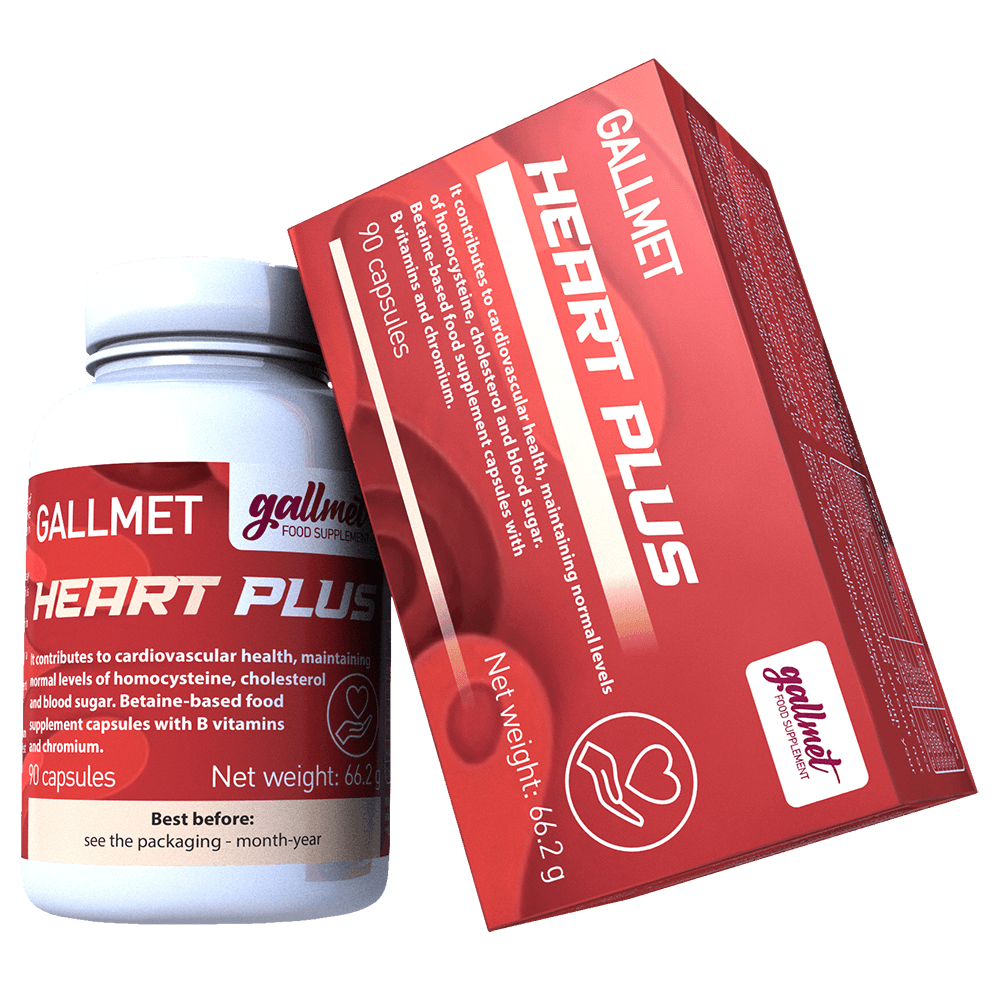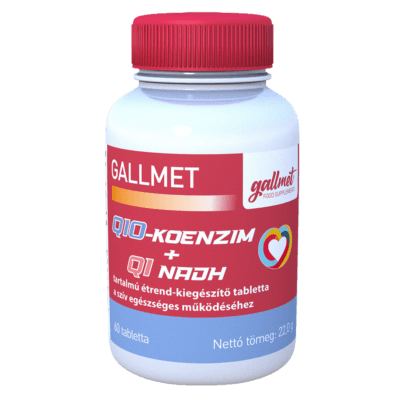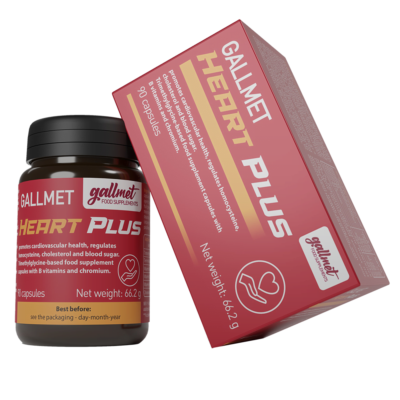All health recommendations related to homocysteine level
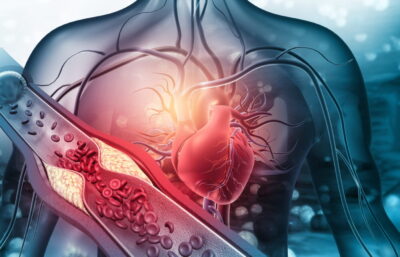
About homocysteine - a little biochemistry and history
Homocysteine is an amino acid that is essential for maintaining normal cell function, but high homocysteine levels have undesirable effects. To date, more than 100 diseases or conditions have been identified that are associated with elevated blood plasma homocysteine levels. The most common associations are with cardiovascular disease and central nervous system diseases.

Association of cardiovascular diseases (heart attack, stroke, etc.) with high homocysteine levels
Cardiovascular disease causes almost half of all deaths in Hungary! More than 80% of cardiovascular deaths are attributed to myocardial infarction and stroke, with about 1/3 of deaths occurring in people under 70 years of age. Elevated blood homocysteine levels are a risk factor for cardiovascular disease independent of traditional risk factors and can be used to predict disease development and assess risk.

Association between diabetes and blood homocysteine levels
While heart attacks have obvious symptoms, many people do not take type 2 diabetes seriously, even though both diseases have the same chance of survival. It is not for nothing that the latter is called the "silent killer". Near-normal blood glucose levels can prevent or delay the development of diabetes complications and slow their progression. Elevated homocysteine is associated with the development of diabetic nerve membrane and macular degeneration.
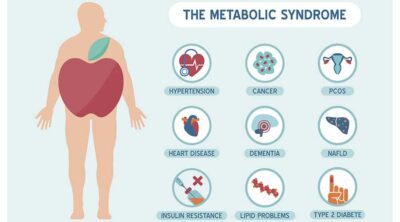
Association between metabolic syndrome and homocysteine levels
In metabolic syndrome, blood homocysteine levels are significantly higher, which leads to a higher incidence of diseases affecting blood vessels. Homocysteine levels are directly related to age, waist circumference, fasting blood glucose, blood fat and uric acid levels...

Association of gout with kidney damage (nephropathy) and homocysteine levels in the blood
Gout (arthritis uricat) can be hereditary, but it can also develop due to diet, alcohol consumption habits, etc., as well as due to improper kidney function, enzyme deficiencies, enzyme dysfunction. Blood uric acid levels are not significantly different between gouty and healthy people, but blood homocysteine levels are significantly higher in gout patients...

Association of Alzheimer's disease, Parkinson's disease, dementia and depression with homocysteine levels
Many people think that dementia - a decline in mental performance - is a natural part of ageing that can be almost completely ignored. But that's not entirely true, because elevated blood homocysteine levels can be strongly associated with mental decline, and homocysteine levels can be reduced...

Association between severe coronavirus (Covid-19) infection and high homocysteine levels
High levels of homocysteine affect the processes that cause severe COVID-19 disease and prevent its treatment. High levels of homocysteine increase the overproduction of inflammatory cytokines in the "cytokine storm", increase endothelial (inner lining of blood vessels and the heart) dysfunction, inhibit nitric oxide synthesis and lead to thrombus formation. All these pathologies are characteristic of severe SARS-Cov-2...

Association of tumours and cancer with insufficient vitamin B9 (folate) utilisation
Homocysteine is an amino acid that is essential for normal cell function, but high homocysteine levels have undesirable effects. These include the symptoms listed below, but in addition to these, more than 100 mainly cardiovascular diseases or conditions have been identified that are associated with elevated blood plasma homocysteine levels, including cancers...

Folic acid or folate - what's the difference?
Although there is a distinct difference between the two and their physiological effects are different, the names are often used interchangeably, and even among professionals there is confusion between folate and folic acid. Folate is a natural form of vitamin B9 and an essential nutrient. Folic acid is a synthetic form of vitamin B9, also known as pteroyl monoglutamic acid...
TRY GALLMET HEART PLUS CAPSULES NOW AT A SPECIAL INTRODUCTORY PRICE!
Click on the [print-me] icon to print the page

